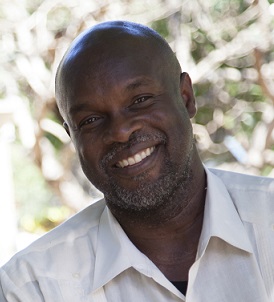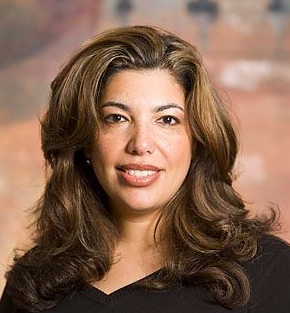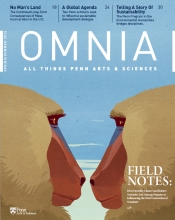Tukufu Zuberi
Lasry Family Professor of Race Relations
My summer reading focuses on the visual culture and spaces generated by the enslavement and freedom of descendants of Africa. The visual culture generated in Latin America has been overlooked as much as the history of African descendants in the United States has been distorted. Hopefully these readings well help me tease out that which is both distinctive and mutually enriching about the visual culture and the institutions responsible for memorializing the national narratives of Blackness in the ancient powerful racial systems in the world.
The Intimacies of Four Continents
Lisa Lowe, 2015
Black Milk: Imagining Slavery in the Visual Cultures of Brazil and America
Marcus Wood, 2013
The Deepest South: The United States, Brazil, and the African Slave Trade
Gerald Home, 2007
Becoming Black: Creating Identity in the African Diaspora
Michelle M. Wright, 2003
Changó, the Biggest Badass
Manuel Zapata Olivella, 2010
Gwendolyn DuBois Shaw
Associate Professor of
History of Art
Honestly, it is hard for me to say what is driving my list—it is pretty disparate. But during the school year I have so little time to read anything that I am not teaching. So, the summer is about reading what I want.
The Art of the Con: The Most Notorious Fakes, Frauds, and Forgeries in the Art World
Anthony M. Amore, 2015
Mounting Frustration: The Art Museum in the Age of Black Power
Susan E. Cahan, 2015
A Breath of Snow and Ashes
Diana Gabaldon, 2008
The Cuba Reader: History, Culture, Politics
Aviva Chomsky and Barry Carr, 2004
How to See the World: An Introduction to Images, from Self-Portraits to Selfies, Maps to Movies, and More
Nicholas Mirzoeff, 2016
Vijay Balasubramanian
Cathy and Mark Lasry Professor in the Department of Physics and Astronomy
My summer reading list includes five favorite books that I intend to re-read. The first three books, by Borges, Lem, and Clark, construct alternate realities that explore deep philosophical and conceptual issues. All three are masterworks of their type. The last two books, by Wodehouse and Durrell, are wonderful for their gentle humor and their kindly view towards the foibles and quirks of all the creatures of the animal kingdom (humans included).
Labyrinths
Jorge Luis Borges, 1962
The Cyberiad
Stanislaw Lem, 1965
Jonathan Strange and Mr Norrell
Susanna Clarke, 2004
Brinkley Manor
P.G. Wodehouse, 1962
The Bafut Beagles
Gerald Durrell, 1950






